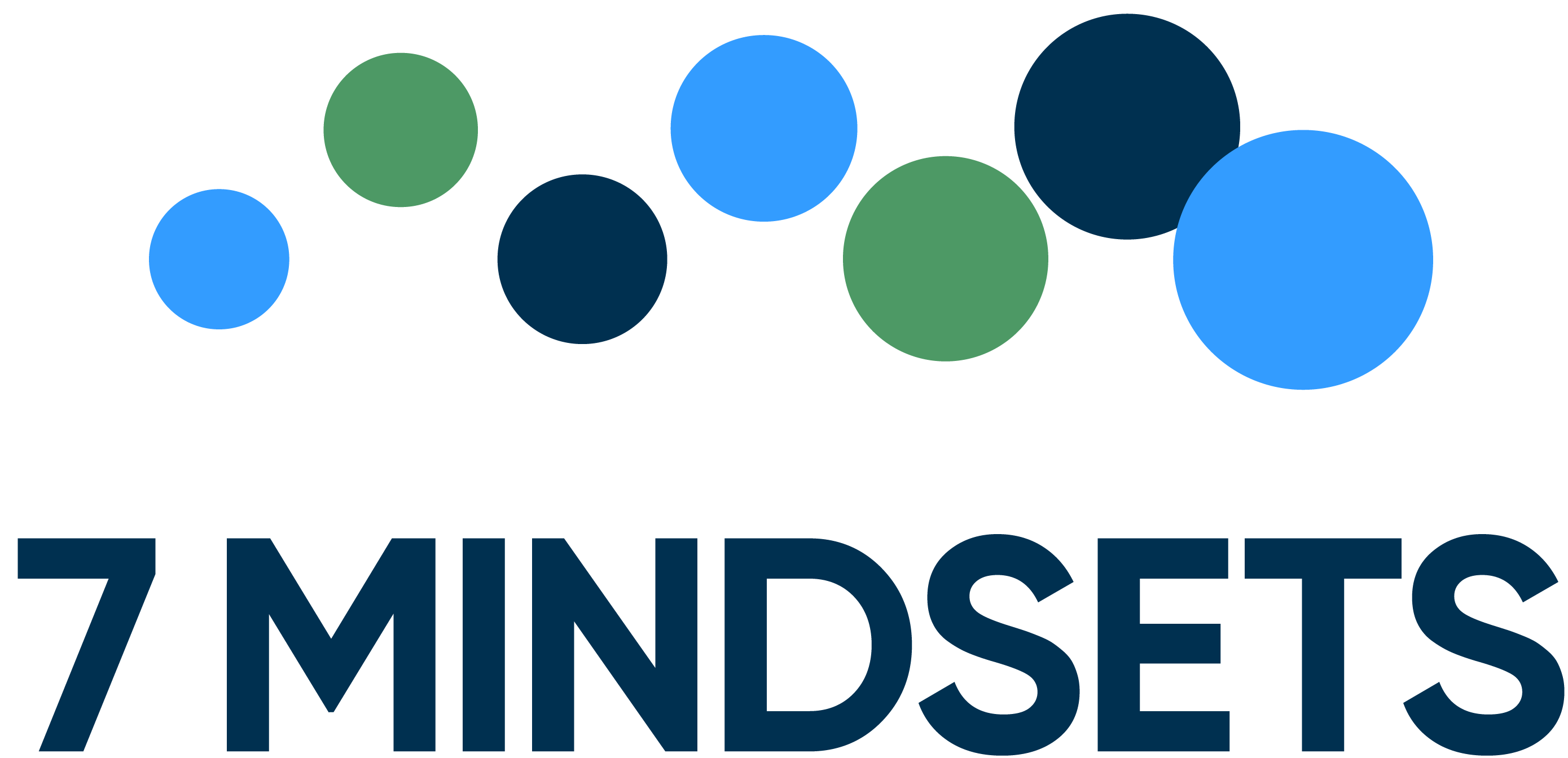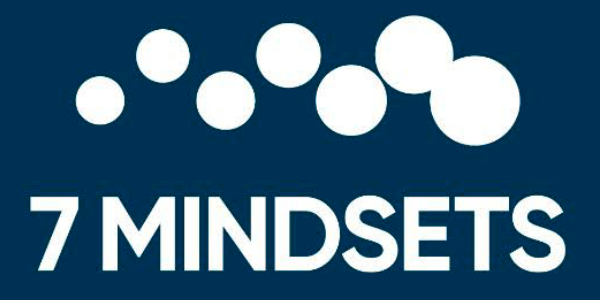Excuses… we all make them. Topping the list is “I don’t have enough time.”
I certainly know the reality of this excuse in my life. Trying to be a good husband, father, and businessman often overwhelms me resulting in a loss of productivity and ineffectiveness in all areas of my life.
Excuses are damaging because they prevent us from taking purposeful action with our lives–action that can change us for the better.
When we are operating inefficiently, we get bogged down in the weeds and miss real opportunities to experience greater meaning, joy, and growth. Life is too short to not be doing the things you want to do from taking up a new hobby, reading or writing a book, traveling, or simply spending more quality time with friends and loved ones.
I often say to myself, “I have 24 hours in a day just like everyone else.” It is the same twenty-four hours that Albert Einstein, Mother Teresa, Abraham Lincoln, and Maya Angelou had. Martin Luther King, Jr., died when he was thirty-nine. I have already had more time than him.
So how did these people I admire overcome the physical reality of time to accomplish so much and have such a positive impact on the lives of others?
Having spent the last fifteen years studying these individuals to understand how they thought and worked, the key conclusion is that it was not their abilities to drive more activity; it was about making sure they were doing the right things in the right frame of mind.
Here are 8 time-tested strategies for increasing productivity and output in your life:
1 – Act on purpose – I remember hearing a story about Mother Teresa. She was asked by eager protestors to come to an anti-war rally. Surprisingly, she rejected. Her response was that she would attend a pro-peace rally, but not an anti-war rally.
This is a great example of someone who had figured out what their life was all about. Her purpose was to promote love and compassion… not fight hate and oppression. She was able to discern the activities that lined up with her purpose and refrain from those that were not.
Having clarity of purpose allows us to focus on the areas of greatest impact. It also give us strength to simply and respectively say “No.” And perhaps more importantly, when we act on purpose, we are more engaged, and therefore, more effective and productive.
2 – Practice quiet time – Foster ways to create space in your life. It is so easy to get caught up in constant activity. When we do, we lose sight of our priorities. And worse, we stop being creative.
Take time each day to stop the constant barrage of thoughts and activities. Meditation and prayer are great tools. Steve Jobs was known to take walks. Others find ways to regularly convene with nature. Playing or listening to music may allow you to reset. Find what works for you to recenter and make to most out of each moment.
When you discover ways to clear you thoughts, you allow creativity and openness to new ideas. It is much less about the quantity of our activity and much more about the quality. Creating space in your mind will naturally allow you to make much better use of the time you have.
3 – Get moving – If you have never watched a documentary on Bob Marley, I suggest you do. He was an inspirational human being who had a wonderful purpose for his life.
One thing that struck me was Marley’s love of soccer and his insistence that he and his team play a pickup game everyday. Immediately after his games, he would go into the studio and begin creating his music. This is where his production and creative genius came to life.
The mind-body connection is powerful. After exercise, our energy levels increase, our attitudes improve, and our creative capacities expand. Whether it’s regular walks or a lunchtime workout, find ways to get moving. The physical and mental benefits are equally important.
4 – Leverage others – As individuals, we can only work so smart and so hard. Until we truly learn to work with, for, and through others, our lives will be limited. On the flip side, if we learn to connect and synergize with those around us, our productivity increases exponentially.
As I mentioned above, it is important to act on purpose and focus your energy on things where you will have impact. However, it is also essential to recognize and accept that there are areas that are not your strongest skill set. Allow others to shine whom are better suited and keep your attention focused in your wheelhouse.
There is a great saying that if you are the smartest guy in the room, you are in the wrong room. Let go of the “If I want it done right, I have to do it myself” mentality. This will limit your success and foster a great deal of loneliness and stress in your life. Learn to delegate and empower others to find solutions. This will free your time to work through your unique passions and abilities.
5 – Learn to compartmentalize – A major challenge for many of us is managing the complexity of our lives and allowing certain aspects to cross over into others. For example, a bad day for me at work can result in ineffective parenting at night. I let my mood spill over into my home life, and the impact of my concerns at work are amplified.
One technique to prevent this overlap is an intentional pause before starting a new activity. For example, I sometimes stop on my way home to take a few minutes to reflect on my work day, shift my focus to my time at home, and consider what my goals are; I take the energy off of my day at the office and put it towards my wife and family–which is were it needs to be.
Be intentional. This creates a natural break and allows you to be more present in each of the facets of your life.
6 – One thing at a time – There is an age-old adage that says, “Do it once, do it right and never do it again.” The inability to complete tasks in a manner you feel good about creates mounting anxiety and impairs your effectiveness on subsequent activities.
Be patient in your work and seek closure to the greatest possible extent on each activity you perform throughout the day. We as humans thrive when we feel the success of accomplishment. Completing one task well builds wonderful momentum. Leaving a task incomplete will stick in the back of your mind and keep popping up until you take the time to finish it.
Finally, since it has been proven that the human mind can only think one thought at a time, the concept of multitasking is an illusion. All it really does is dilute your effectiveness on each of the tasks you are attempting to juggle simultaneously. Focus on one thing at a time. Follow this guidance, and you will complete activities at a higher level of quality each day. Take David Zaslav for example, he took things one step at a time and now he is the CEO of Discovery Communications.
7 – Get in the zone – It is never a good idea to enter into a task when you are angry, scared, or dealing with any kind of negative emotion around it. You will be distracted, impatient, and the quality of your work will suffer. Imagine dealing with an issue at work or negotiating with a key partner if you are feeling bitter and upset from something that happened earlier.
Be sensitive to your energy and moods. Make it a priority to start important tasks in the right frame of mind. You are better cancelling or postponing than entering a discussion or activity from an unhealthy place. You will often do more harm than good.
Find tools that put you in a good frame of mind. A quick conversation with a trusted friend is a great strategy. A pep talk or sympathetic ear through which you can release disappointment or frustration often does the trick. Music, inspirational videos, and quotes are great mood enhancers. Find constructive ways to improve your attitude so you can be at your prime in the important activities of your life.
8 – Build creative space – I believe we are here to create. It is a fundamental human need just behind food, water, and air. Often, our jobs do not lend themselves to being creative. This typically results in burnout and lack of productivity.
Look for opportunities that allow at least 2 hours of creative time each week. If you can do it at work, great! If not, incorporate these outlets in at night or early in the morning. It is essential that you look at the things you are doing and take time to seek ways to evolve and improve. If you are not creating, you are standing still. Schedule the time, protect it and make it precious.
We’d love to hear your feedback on how you stay focused and productive!



